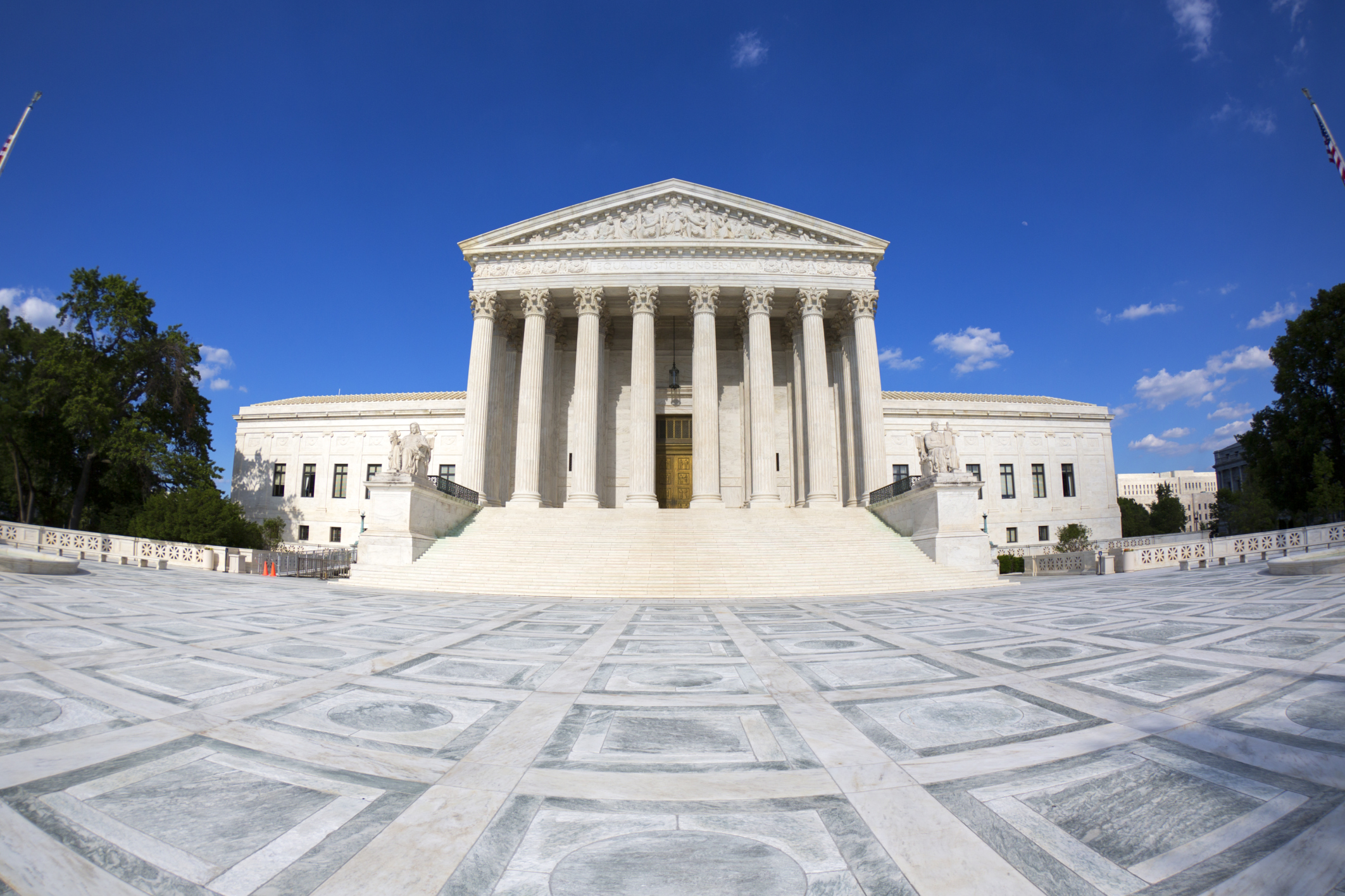
FTC guidance on “active supervision” of state regulatory boards fuels concerns about intrusions on state sovereignty.
State immunity from federal antitrust claims helps create a “safe space” for the exercise of regulatory discretion. Earlier this year, the Supreme Court held in North Carolina Board of Dental Examiners v. Federal Trade Commission (FTC) that state regulatory boards controlled by active market participants only qualify for this state-action antitrust immunity if their activities both implement clearly articulated state policy and are actively supervised by state officials. This was a momentous decision in the realm of state regulation because most state licensing boards are composed of practicing professionals (i.e., market participants) in the relevant discipline. Moreover, many states had assumed that such boards were considered state actors for purposes of antitrust law, given their statutory designation as state agencies.
Thus far, states have reacted to the Supreme Court’s ruling in a variety of ways. The Alabama medical board, taking note of the antitrust litigation that has embroiled its counterpart in Texas, issued an emergency suspension of its telemedicine rules in favor of pursuing legislation on this hot-button issue. The governor of Oklahoma, meanwhile, promulgated an executive order concluding that professional boards’ rulemaking procedures were already subject to sufficient state supervision, but directing that all non-rulemaking actions undertaken by such boards be reviewed by the state attorney general. Responding to a legislative query, the California attorney general published an opinion identifying possible statutory schemes to improve either the supervision or indemnification of state regulatory boards.
Nonetheless, the North Carolina Dental decision reportedly induced enough “head scratching” among state officials for some to seek input from the FTC on how to ensure antitrust compliance going forward. These requests were timely given that the FTC, which had filed the original complaint against the North Carolina board, subsequently released a notably brief (and arguably vague) statement of enforcement principles regarding its stand-alone antitrust authority. In October, the FTC weighed in on the implications of North Carolina Dental with staff guidance addressing when active state supervision of regulatory boards is necessary, and what it entails.
On one hand, the guidance should offer some solace to state officials because it confirms an essential truism of antitrust law that had been lost in the fevered reaction to North Carolina Dental: namely, not every restraint on competition is unreasonable, and not every activity undertaken by licensing boards violates antitrust law absent state supervision. On the contrary, most regulatory actions—from prohibitions on unethical business practices to individual disciplinary decisions for incompetence or misconduct—generally “will not implicate antitrust concerns.” Thus the heated rhetoric employed by consumer groups about board members’ “in extremis” liability in the wake of North Carolina Dental was probably overblown. The absence of antitrust immunity does not automatically equate to antitrust malfeasance.
In other respects, however, the FTC’s views seem to confirm many of the concerns that Justice Samuel Alito had expressed in his North Carolina Dental dissent. First, Justice Alito noted that the concept of active market participants’ “control” over a regulatory board is ambiguous, and the FTC’s discussion did little to dispel the haze. According to the agency, a “controlling number” is not necessarily a “numerical majority,” and can be significantly less if, in practice, the board’s public members “routinely defer” to its professional representatives. As such, Oklahoma’s policy formalizing attorney general oversight of regulatory boards staffed by a “majority” of market participants is likely insufficient. The trigger for active supervision leaves ample room for FTC discretion, apparently at the expense of clarity for state officials.
Second, Justice Alito cautioned that the Court was “headed into a morass” in North Carolina Dental by substituting a complicated regulatory capture theory for the simplicity of federalist deference to state police powers. Whatever the merits of the dissenters’ arguments as a matter of antitrust law, they appear to be at least partly vindicated by the FTC’s latest salvo. For in its attempt to define the “active supervision” prong of the state-action immunity test, the agency tiptoed along the threshold between protecting competition and shaping state governance.
Indeed, the FTC indicated that its test for active supervision would delve deep into the “information-gathering” techniques of the relevant state supervisor, to include such factors as whether appropriate “public hearings,” “public comments,” and market studies were pursued. This inquiry goes well beyond the roadmap provided by Supreme Court jurisprudence, which requires that the state supervisor “review the substance” (not just the procedure) of anticompetitive decisions, have “the power to veto or modify” such decisions, actually exercise the allotted supervisory authority, and “not itself be an active market participant.”
To be sure, North Carolina Dental provided antitrust enforcers with more than enough leeway to craft their own “context-dependent” criteria for active supervision. Yet the prospect of using antitrust scrutiny as leverage to second-guess the decision-making process of state supervisors raises real concerns, as to both the limits of antitrust law and its encroachment upon state prerogatives. There is a long way between rubber-stamp supervision (or no supervision at all, as was the case with the North Carolina dental board) and meeting the FTC staff’s standards for a “proper evaluation” of regulatory board actions.
Intentionally or not, the FTC’s description of “satisfactory active supervision of state board regulation” approximates federal notice-and-comment rulemaking. As Justice Alito pointed out, however, winning “a good-government seal of approval” has nothing to do with antitrust law, nor with state immunity. The purpose of the active supervision requirement is to ensure that the anticompetitive conduct at issue is “the state’s own,” not that it constitutes wise or effective policy.
Agency staff guidance is, of course, non-binding, and states should and will receive their legal guidance from their respective attorneys general. Nonetheless, the FTC’s emboldened stance after North Carolina Dental indicates the potential for coming friction between antitrust liability and state regulatory policy. Ironically, the closer that state supervisory systems are scrutinized, the more that the sovereignty considerations at the heart of state-action immunity are implicated. The Court eventually may be called upon to weigh in again, this time on the meaning of active supervision in the context of state regulatory boards.




